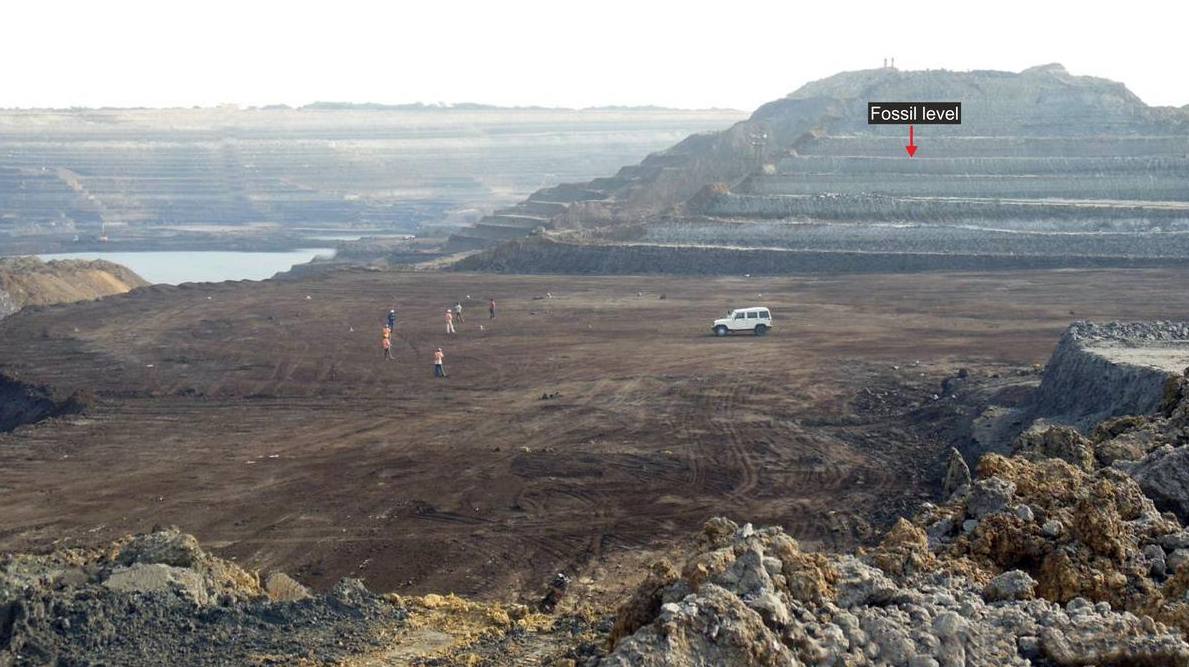Across the world, rare fossils that once belonged in laboratories and museums are increasingly ending up in auction houses and private collections. Ammonites, ancient sea creatures with coiled shells, now line storefronts in cities like Paris. The rarest specimens fetch staggering sums, highlighting how vulnerable such natural heritage is to trade and exploitation.
India, too, stands at a similar crossroads. Some of the country’s richest fossil beds lie in open coal mines of Western India, where palaeontologists endure long hours in dust-filled conditions to preserve remnants of Earth’s history. Yet without a robust national repository or secure fossil archive, many of these priceless finds face the risk of slipping into private hands abroad.
In 2024, palaeontologist Sunil Bajpai and his team uncovered the fossilised vertebrae of Vasuki indicus—a colossal prehistoric snake that may have stretched as long as a tour bus. But despite its significance, the 47-million-year-old specimen remains at risk without a proper protection framework.
Experts argue that unless India strengthens its fossil preservation laws and establishes a centralised, catalogued repository, its prehistoric treasures could meet the same fate as bronze idols—smuggled and sold overseas, depriving the nation of vital scientific heritage.

